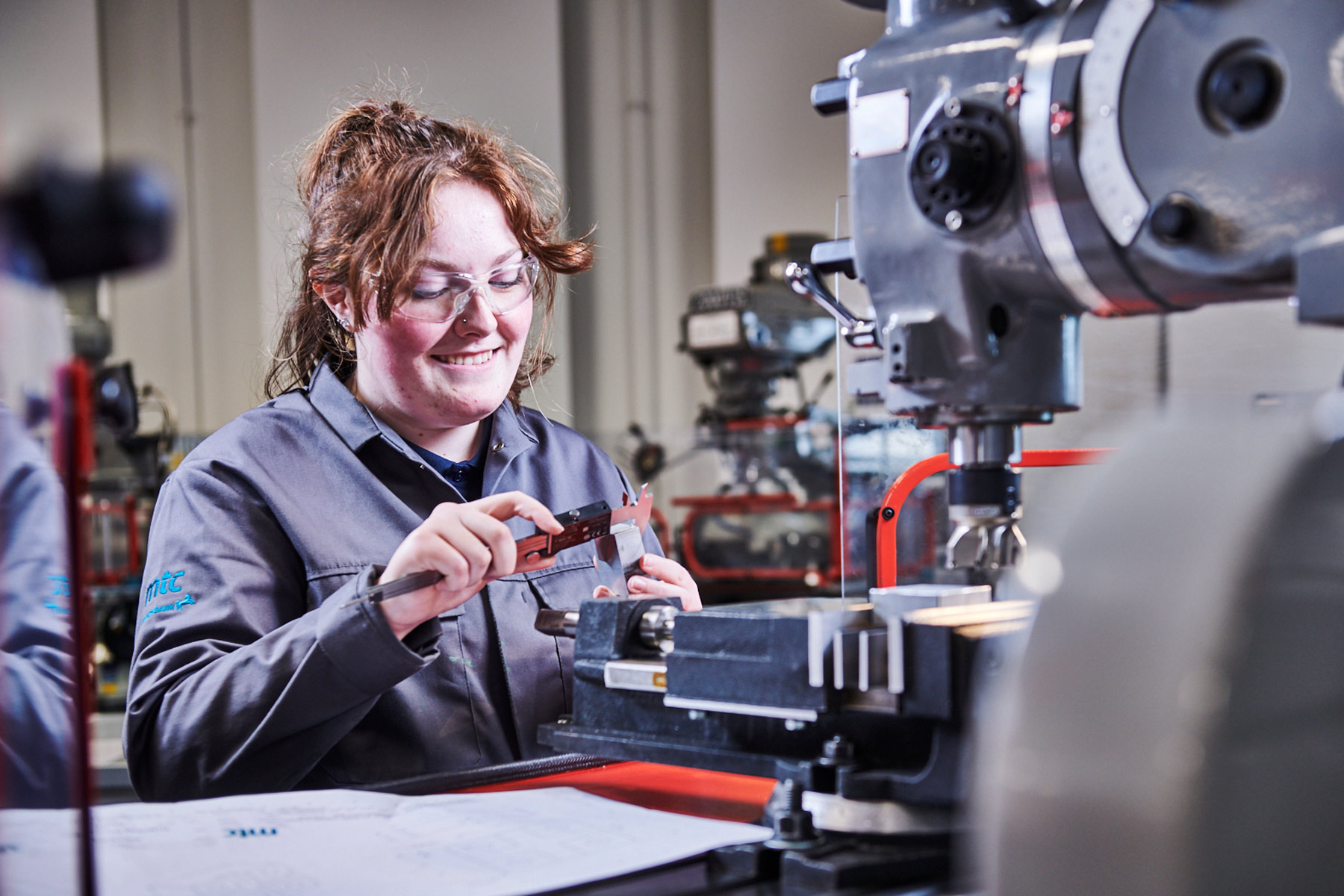International Women’s Day 2022

What is International Women’s Day?
International Women’s Day (IWD) is celebrated throughout the world on 8 March. The day recognises the social, economic, cultural and political achievements of women, as well as raising awareness about women’s equality and promoting action to accelerate gender parity.
IWD is over 100 years old! Impelled by oppression and inequality in the early 1900’s, women were becoming vocal and active in campaigning for change. In 1908, 15,000 women marched through New York City demanding shorter hours, better pay and voting rights, and the following year National Woman’s Day (NWD) was first observed in the United States on February 28. It became an international celebration at International Conference of Working Women in Copenhagen, before moving to today’s date of 8 March in 1913.
Today, IWD is celebrated by communities, organisations and governments across the world, and is an official holiday in many countries. It’s a day that belongs to everyone, everywhere, and is a chance for us all to take action to make a positive difference for women.
Why is International Women’s Day important?
There has been huge improvement and progress since IWD’s beginnings, but the unfortunate reality is that women are still not paid equally, still not equally represented in business or politics, and globally women’s education, health and the violence against them is worse than that of men. From a STEM perspective, the proportion of women professional engineers in the UK is around 11%, possibly the lowest rate in Europe, while the number of women in technical level roles, where job growth is greatest, is even lower still.[1]
IWD is day of focus, when the world gets together to inspire women and celebrate their achievements while also raising awareness of the work that we still need to do.
IWD activities aim to
- Identify, celebrate and increase visibility of women’s achievements to help forge equality
- Build strategic collaborations based on a foundation of shared purpose, trust and appreciation, which can impact positive change for women
- Raise worldwide awareness through meaningful narratives, resources and activity to help combat gender bias and discrimination, and so accelerate gender parity
You can find out more about International Women’s day here as well as learning about the global campaign here.
What are we doing to celebrate International Women’s Day at OAS?
This year’s IWD theme is #BreakTheBias. We’ll be marking IWD at OAS by showcasing women engineering role models and celebrating their achievements, raising awareness and sharing information about women’s health and wellbeing, and signposting support and useful resources to make sure everyone knows how to access help when they need it.
We’re also kicking off our STEM project with Year 8 at Reading Girls’ School in partnership with Rutherford Laboratories, raising awareness about STEM careers and giving students an opportunity to put practical engineering skills into action!
Back in centre, our apprentices are raising money for Oxfordshire Sexual Abuse and Rape Crisis Centre (OSARCC), with activities including a charity bake sale. OSARCC is a feminist organisation committed to supporting survivors of sexual abuse, rape, domestic abuse, and harassment. They offer a free and confidential service to survivors who are dealing with the effects of sexual violence, and to anyone who is supporting them. You can find out more about their work here.
[1] Women in Engineering Society (WES): https://www.wes.org.uk/content/what-we-do-0